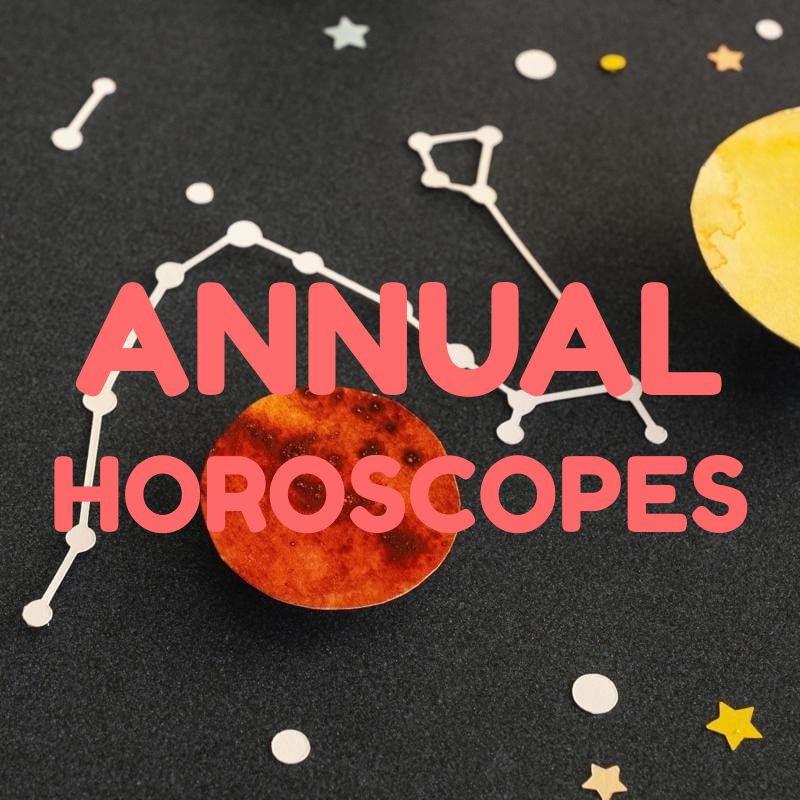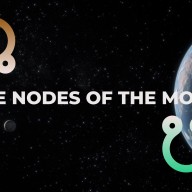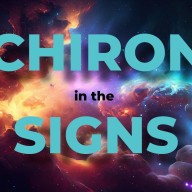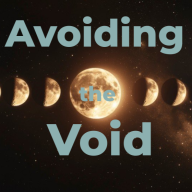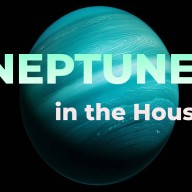The planets we use in Horary are the “traditional Seven": The Sun and the Moon - which we call Lights for the apparent reasons - Mercury, Venus, Mars, Jupiter and last Saturn.
They can be approached in many different ways. The Moon and Venus are female, while the Sun, Mars, Jupiter and Saturn are male (Mercury is changeable). Another way to approach them could be according with their speed. But what will concern us in this article will be the one that is relevant with their natural rulerships. Some planets rule things that are widely considered beneficial while others rule things that are considered to be malefic. That's why we find in our books some planets to be called natural Malefics and others natural Benefics.
The natural Malefics are Saturn and Mars. The natural Benefics are Jupiter and Venus. There are mainly two different views cultivated about them nowadays: The one suggests that all planets are Benefics, thus there aren’t any malefic planets. The other is that Mars and Saturn are always Malefic, while Jupiter and Venus are always Benefic, no matter what their situation is in a chart. Perhaps the next question is “what does the word malefic mean?” It plainly means that it is a bad planet. What is a benefic? It is a good planet. But what is good or bad? Is it up to our view to judge which is which?
All that glitters is not gold: Malefics vs. Benefics = X
A good example of not judging someone by his appearance is the famous story of Little Red Riding Hood. The story says that a good little girl wears her red cape and goes to visit her grandmother. When she gets there she finds that her grandmother grew long nails, big teeth and also lots of hair! The Bad Wolf disguised as her grandmother to trick her, in order to have her for lunch! Of course no matter how good a disguise may be, it does not change what is lying beneath. Like all children’s stories, this has an educational purpose too.
Are the planets called Malefics, that bad? No. It’s what they stand for, that makes us look at them with strictness -along of course with their significance in the context of a matter. The problem with Malefics is our perception of them and not their essence itself. A simple example that describes our “prejudiced” view is the outright rejection of Saturn’s merciless, but well –deserved, Justice or of the Limitation concept he represents. He also rules Death and his principle is Retention. One’s natural reaction to all those ideas is negative and therefore such principles are considered to be harmful. This is where the idea of Malefics finds its root. It is perfectly logical and natural.
But obviously the reasoning is somehow levelling and probably oversimplifies things, especially when it comes to applying theory into practice. Is Justice actually a bad thing or is Limitation always identified with something unpleasant? Such associations arise when we try to install our personal perception of how the world should work into the planets: we have no problem in making mistakes and doing wrong to other people, but we aren’t at all that eager to confront them and pay the consequences. We’d much rather enjoy life without having to struggle for anything we want, and to exist in a limitless environment where our desires become orders and other people’s desires are put to sleep or exist only to serve our own.
Nevertheless we all have our limits (Saturn) and we want other people to respect them. We also appeal to Justice when we are the ones that are being wronged. If there wasn’t a limiting principle in our body, we wouldn’t survive our first injury as children because we’d bleed to death. Suddenly Saturn doesn’t seem to be that bad. It is far more constructive to replace such devastating views and in their place to consider that Saturn and Mars play an important role in our very existence and are as necessary as any other planet, even if they seem impossible to live with.
Are the Benefic planets always that beneficial? Again, the answer is no. They can be equally malefic - either in the context of a question or because they lack essential dignity. For example (on the issue of a matter’s context mentioned above) a querent wants to have a Sunny day, but he finds an essentially strong Jupiter in Pisces affecting the weather. In this case Jupiter would be considered by the Querent as a malefic, because he would bring lots of rain. The other situation would be to find Jupiter debilitated affecting the matter at hand. In that case he would be nothing more than a well – appeared planet with a malefic result. However in essence Jupiter and Venus rule pleasant things and ideas like, for instance, Mercy, Wealth, Chocolate, Love and that is the reason we consider them to be most welcome in our lives.
The way it works
So, the question that now arises is how to determine a planet’s “quality” in a chart. This will be determined by the planet’s significance in the matter and its “amount” of Essential Dignity. The Malefic planet that will cause trouble or harm will be the debilitated planet, whether it is a natural malefic or benefic, because it is misguided and unhappy. The “disguised troublemaker” for example could be a debilitated Venus or Jupiter.
But trouble can also come from another kind of planetary situation in a chart. This is when a planet is found to be Peregrine. This term means that the planet is not located in any of his Dignities or Debilities. One might be tempted to judge a Peregrine planet as good or bad depending again on appearances and come to the conclusion that, for example, a Peregrine Venus is good. She is not good; she lacks the moral ground (Dignity) it is required to do a good thing as much as a peregrine Mars. Of course Mars is Mars and therefore his malice will be expressed in a “direct” way, while Venus’ malice will be expressed in a “sweeter” one. But her result will be equally malefic- if not more, as at least it is easier to locate a nasty Mars than a nasty Venus which wears an innocent little face. Of course a Peregrine planet is not as “bad” as a debilitated planet (in its Detriment or Fall) but this situation indicates problems due to lack of “moral” direction and misguided action.
We must also always bear in mind that while a planet’s position in the zodiac will tell us everything we need to know about its qualities, it does not fundamentally change it: a Mars will remain who he is, say Action, even if that Action is altered or suppressed. Perhaps it would be easier to understand this if we created some pictures: Mars in Aries- he is really happy doing Mars’ stuff; he is dressed with his favourite shiny armour and brandishing his sword on his way to conquer new territories. Imagine a Mars in Libra: an unhappy Mars because someone threw him in a lady’s spa and perhaps he’s given in fighting over the last red nail polish. Although he is unhappy - and hates the spa situation - he will still represent the principle of action. This action will be misguided, or suppressed etc, it will not be expressed as it wants or towards its natural objectives, but it will still be Action.
Us and them
Another matter that perhaps needs to be pointed out here is that we all are carriers of each planet’s principals (of the elements, signs etc.) as miniatures of the Cosmos. We “carry” them in different dosages in the same way, for instance a cocktail carries different kinds of alcohol and this is what makes each and every one of us Unique: one might be a Bloody Mary, while someone else a Tequila Sunrise. We can judge things with our own individual taste but that doesn’t mean in any way that our taste determines their content, or the Essence of things.
The tools that provide the desired objective view of a planet’s quality of character are the Tables of Essential Dignities and these Tables enable us to judge if a planet is a Malefic or a Benefic. In a Horary question apart from the study of a planet’s Dignity we must also consider its role in the context of this matter: say someone asks “Does my spouse love me?” and Jupiter is Lord 7. We find him inside the 1st house, in Lord 1 sign, therefore in his Detriment. That doesn’t mean he is a Bad person: it is a powerful indication that the spouse does love the querent.
For better or worse, planets are here to stay and to show us the Wisdom and Harmony the Cosmos is made of. Coming to the acceptance of planetary principals implies the revelation of an entire new perspective for Life.
Reference
The Horary Textbook, by John Frawley
The Real Astrology Applied, by John Frawley
Fotini Christodoulou
http://thesiriushorary.blogspot.nl




